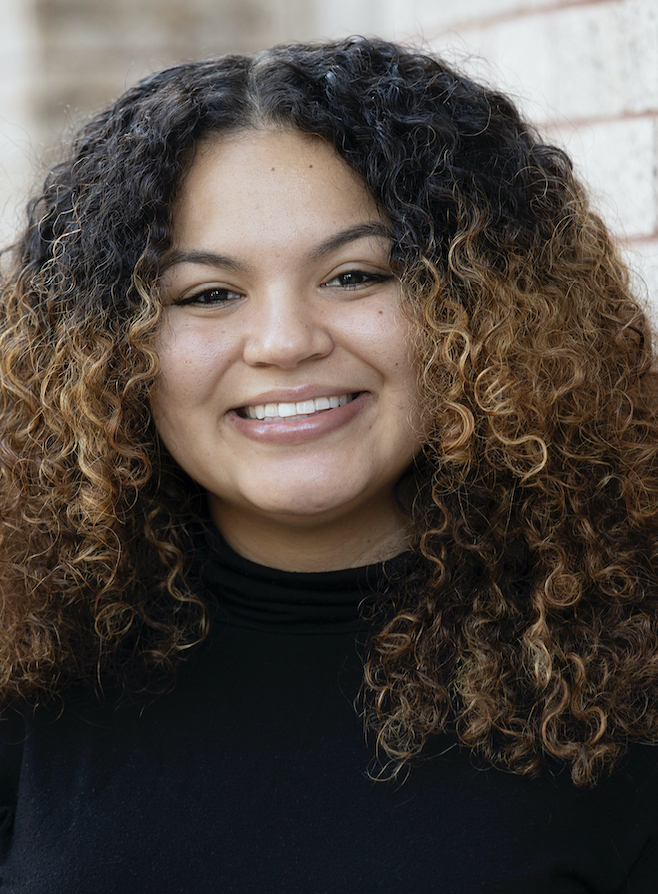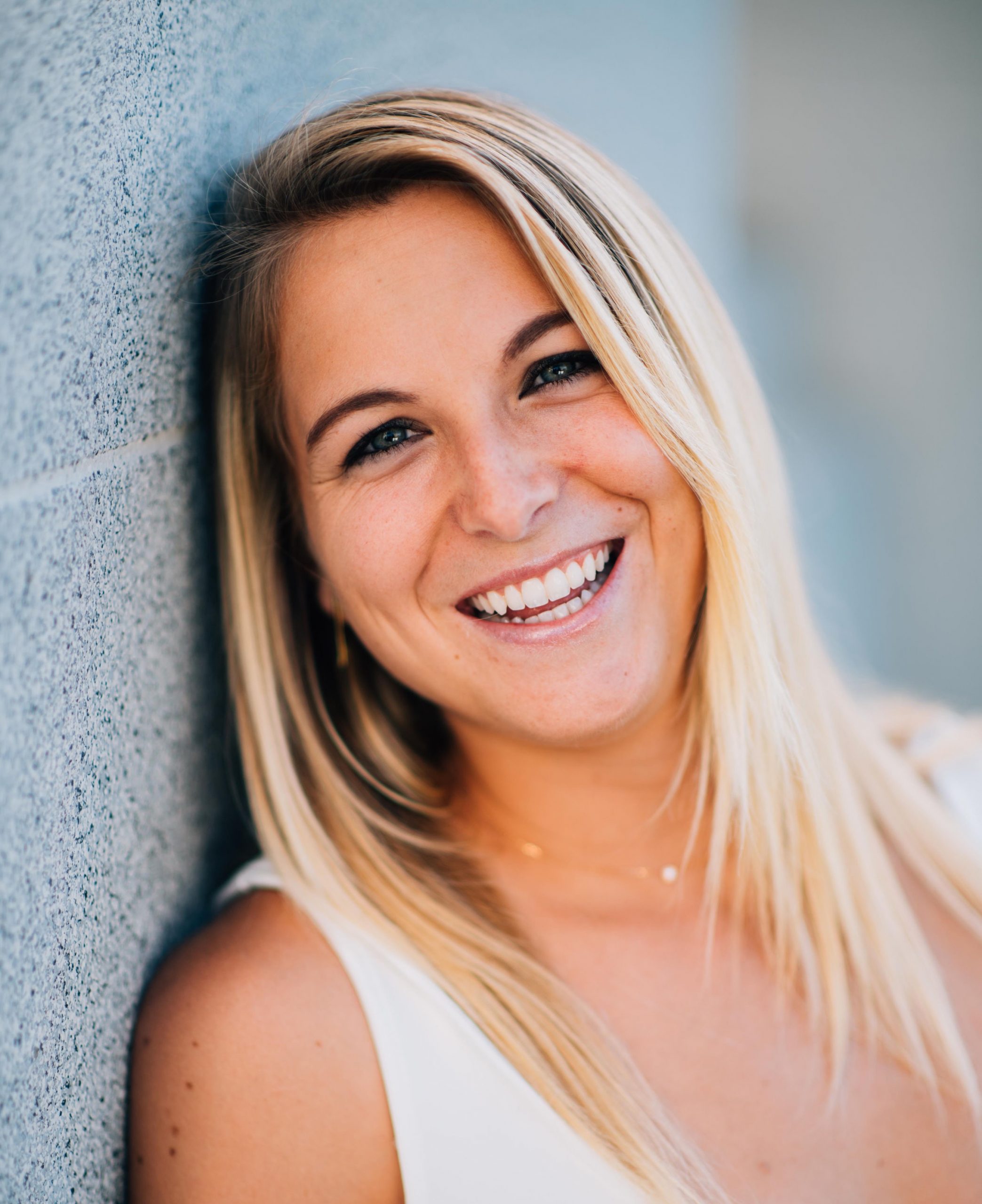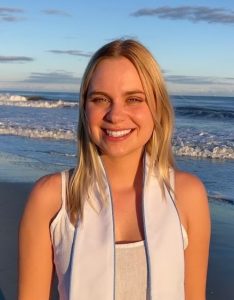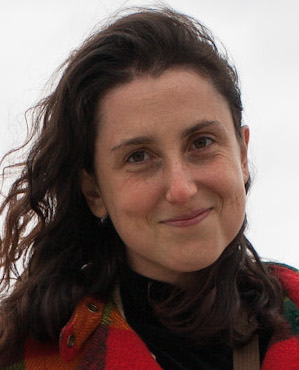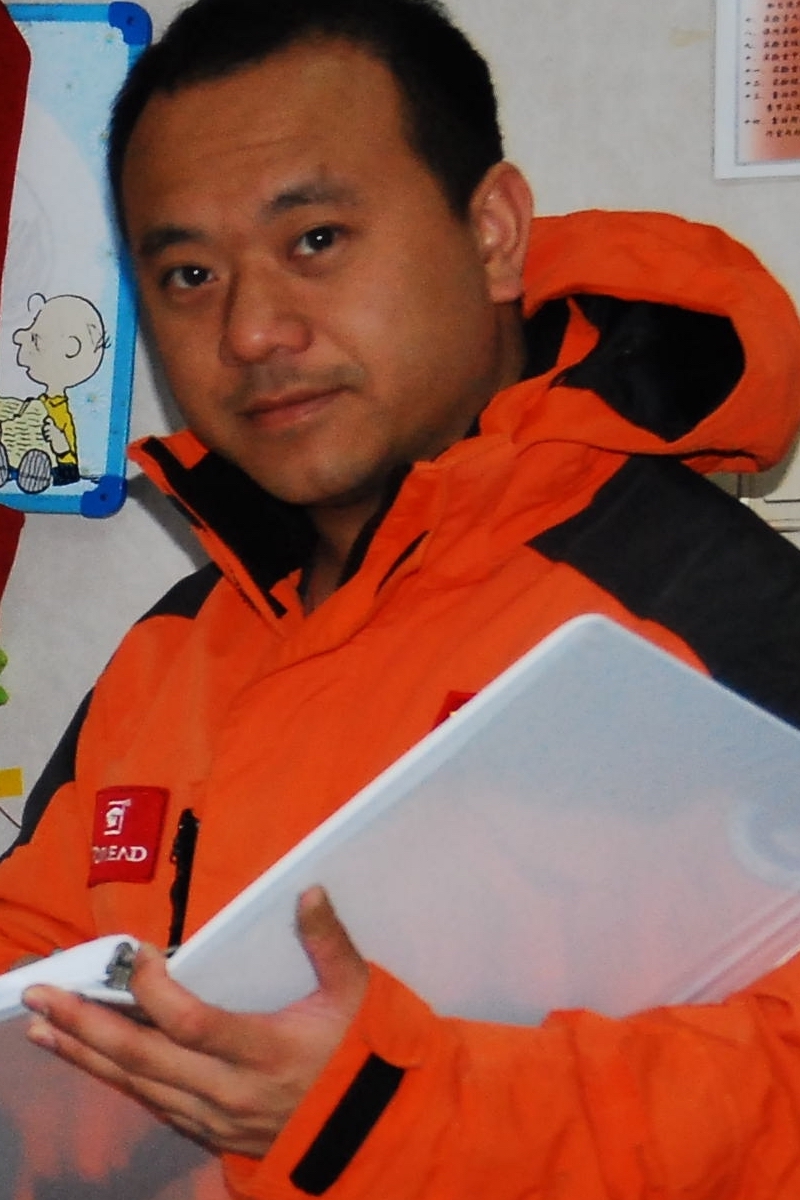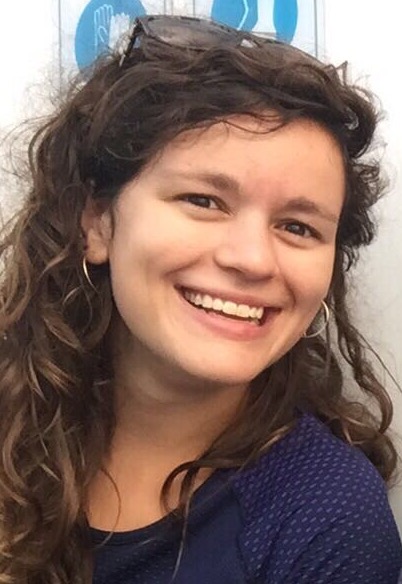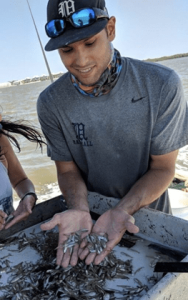Current Lab Members
Ileana Fenwick, PhD student
I am a PhD student in the Marine Science Program at UNC-Chapel Hill. I received my B.S. in Marine and Environmental Science from Hampton University in 2020 and am a Bowie, MD native. My primary research focus is to understand how valuable marine fisheries and the interactions within them are shifting in response to climate change. I hope to use my passions for ecology, quantitative fisheries, and policy to further inform effective management strategies for our oceans.
Sally Dowd, PhD student
Growing up near the coast in North Carolina, I gained immense respect for and interest in the marine environment. I graduated from the University of California, Berkeley with a B.S. where I conducted fisheries, coral reef, and shark ecology research. More recently, I have used economic and ecological modeling to explore the implications associated with a hypothetical mesopelagic zone fishery off of the US West Coast. My research to date and my intention for future work centers around how humans can, and do, profoundly impact the ocean. In the Nye lab, I am helping run experiments to examine how climate change can impact fish distribution. In the future, we aim to input the results of these experiments into an ecosystem-based food web model. I am excited to continue to conduct fisheries ecology research with policy relevant implications.
Camryn Blawas, MS Student
Upon joining the Nye Lab, I have assisted with projects determining the thermal range for certain mobile fish species in North Carolina, as well as quantitatively examined temperature trends in coastal North Carolina. I completed my undergraduate degree in Environmental Science from UNC Chapel Hill in 2021 and participated in the Morehead City Field Site program. During my undergraduate experience, I conducted research on fish communities on artificial reefs, monitored marine invertebrates in urbanized estuaries, and facilitated a citizen science project identifying apex predators on the North Carolina coast. These opportunities allowed me to focus my interests on human impacts on the marine environment, specifically climate change. I also have a passion for outreach and engaging students of all ages in scientific research.
Sarah Weisberg, PhD student (SBU)
Sarah Weisberg is a PhD student in the Nye Lab, studying climate change impacts and resilience in marine food webs. She is currently using the Ecopath with Ecosim modeling framework to explore past and possible future emergent changes in the Gulf of Maine food web, with a focus on understanding the relationship between predatory fish assemblages and food web resilience. Sarah is co-founder of the NYC-based non-profit BioBus, a science outreach organization which has reached over 350,000 students since 2008. She has served as Chair of the Mobile Laboratory Coalition and as co-founder of SOWING: a network for science outreach. Prior to launching BioBus, Sarah completed a BA at Harvard College and an MSc in Cell Biology at the Weizmann Institute of Science. She is passionate about building inclusive science communities and using scientific research to advance equity.
Baoshan Chen, Research Associate (SBU)
My research interests lie in solving fundamental questions related to regional and global biogeochemical cycles, including oceanic inorganic carbon cycling, eutrophication, ocean acidification, and hypoxia/anoxia, specifically with a focus on the anthropogenic perturbation, mechanisms controlling sources and sinks of CO2 in the oceans, and impacts of CO2 on marine ecosystems. I obtained my Ph.D. from the University of Georgia and conducted postdoctoral work at the University of Delaware. I have worked on systems in the Arctic, Chesapeake Bay, China and now I am focusing on the New York Bight. Chen Google Scholar Site
Laura Gruenburg, Postdoctoral scholar (SBU)
I am a physical oceanographer interested in the interactions between biological and physical systems as well as the exchange and redistribution of physical properties between ocean basins. My past work has focused on the interbasin heat exchange between the Pacific and Indian Oceans via the Indonesian Throughflow; I studied how this “Pacific heat” is distributed in the Indian Ocean and its impacts on air-sea interaction and regional climate. Currently I am working on understanding bio-physical interactions within the New York Bight. I am interested in how changes in physical properties such as the temperature/salinity stratification affect biological systems. Laura’s Gruenburg Google Scholar Site
Dylan Sinnickson is a senior postdoctoral associate in the Nye lab studying the body condition and food web ecology of humpback whales (Megaptera novaeangliae) in the New York Bight. His academic career began at Middlebury College, where he earned a bachelor’s degree in conservation biology. He later received his master’s in fisheries management and conservation at the University of Miami, where he investigated trends in eutrophication and fish population densities in estuaries throughout the Gulf of Mexico. Dylan received his PhD from the University of Florida in fisheries and aquatic sciences, where his research focused on assessing responses of estuarine fish populations to changes in freshwater inputs within the Suwannee River Estuary. Much of his research has employed the use of quantitative models to assess broad-scale ecological changes in aquatic systems. Dylan’s google scholar site

